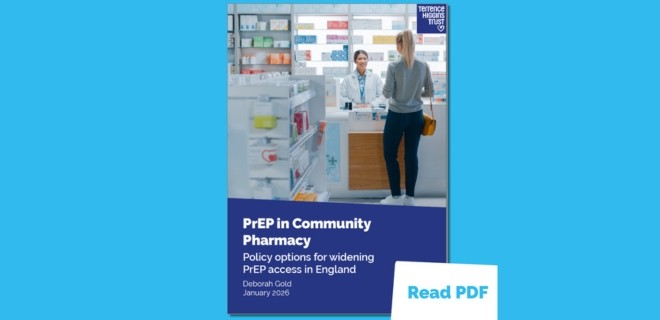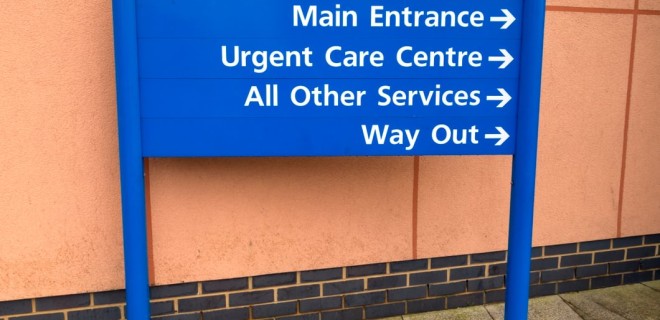The UK Government has announced it intends to establish a national sexual health strategy [PDF] in its response to a critical report by MPs on the nation’s sexual health.
We welcome this decision but without proper funding, there will be no progress to reduce the soaring STI rates across England.
Debbie Laycock, Head of Policy at Terrence Higgins Trust, said:
'In the backdrop of continued rising STIs, including syphilis and gonorrhoea, drug resistance and overstretched services, we are pleased the Government has listened to our calls and will now draw up a new strategy to improve the nation’s sexual health.
'There is overwhelming evidence that business as usual cannot continue. We are urging Ministers to get a grip of soaring STIs by addressing the current inadequate access to services as well as focusing on what is behind these trends in sexual ill-health. This new strategy needs to be ambitious and contain stringent targets that can measure progress.
'Alongside colleagues at the British Association for HIV & Sexual Health and the Local Government Association, we have urged the Government to commit to a national strategy and ensure that local sexual health services are fully funded. While the decision by the Chancellor in the recent Spending Round to not strip public health funding for councils any further was welcome, we desperately need to give services sustainable funding. At present many services are overstretched, with people being turned away – this cannot continue.
'As highlighted in the report by MPs in June 2019, the current state of funding for sexual health risks widening health inequalities and we know that certain groups – including BAME communities, young people, people living with HIV, and gay and bisexual men – are already disproportionally affected by STIs.
'We welcome the recognition that young people should get the information they need to access local sexual health services as part of new compulsory Relationships & Sex Education lessons. However the current £6 million in funding falls way short of what is required to roll-out lessons in all schools, this must be revised.'
On the HIV prevention pill PrEP:
'Progress has been made in reducing new HIV diagnoses – with a further 6% fall in 2018 – but PrEP remains the missing tool to help us reach zero new HIV transmissions by 2030. The current Impact Trial is due to conclude in less than 12 months and work to provide a routine PrEP programme must be expedited by NHS England, Department of Health, Public Health England and local councils.
'In the last few months there have been reports of people on PrEP waiting lists being diagnosed with HIV. This is not acceptable and must be a wake up call to give PrEP a proper home as part of HIV prevention services as a matter of urgency.'
On next steps, Debbie Laycock said:
'Today’s recognition by the Government that a new approach is needed to tackle soaring STIs is welcome but this is only a starting point. We need to see immediate action on making this strategy a reality because this Government has neglected the nation’s sexual health for far too long.'



